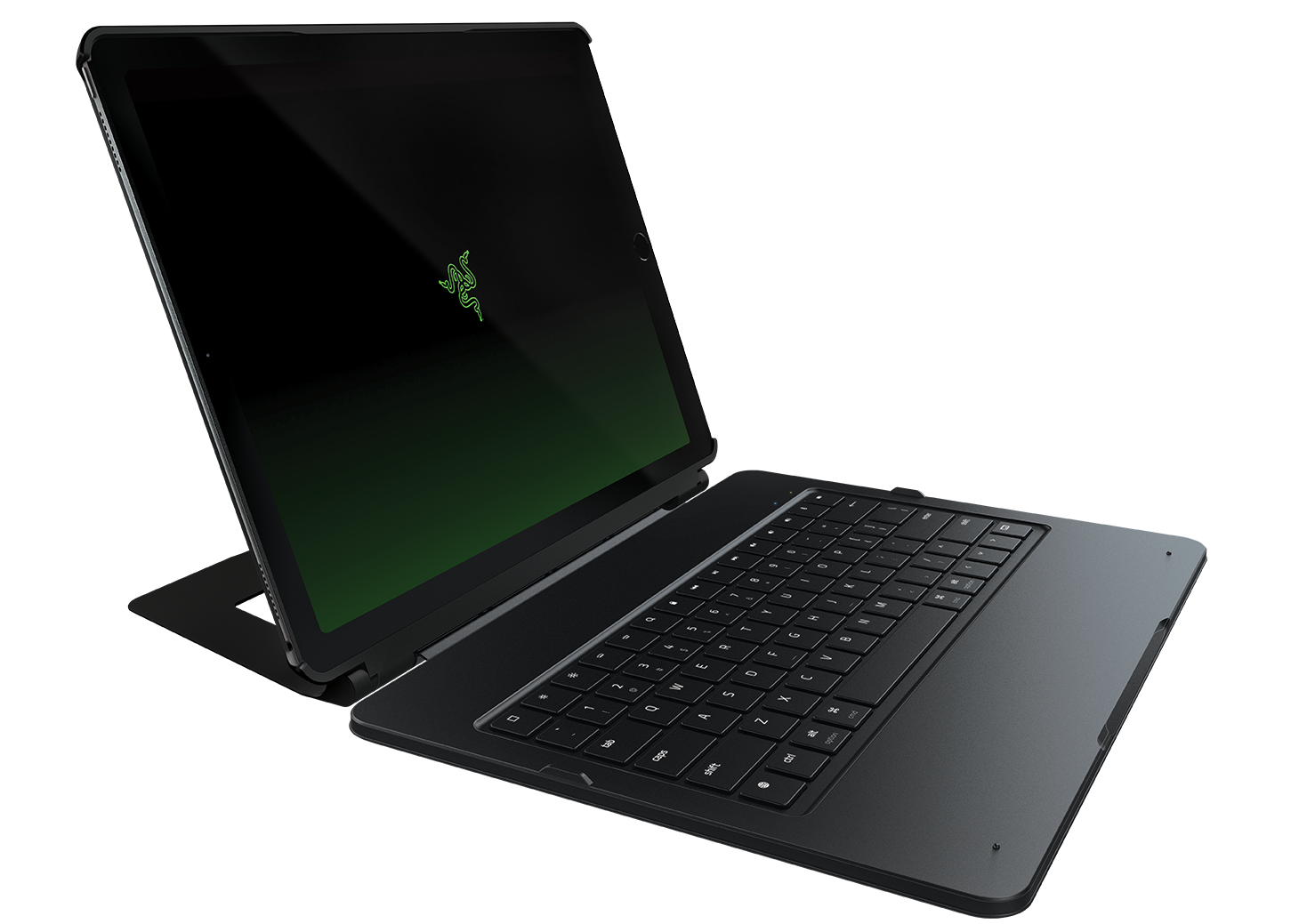Mechanical Keyboard Switches With Chiclet Caps? Razer Tests The Waters
Razer’s new Thing is just an iPad Pro case with a keyboard (seriously, that’s it), but the switches the company employed on the so-named “Razer Mechanical Keyboard Case” portend more intriguing products in the future.
The case uses a new switch developed by Razer called the Razer Ultra-Low-Profile Mechanical Switch, and although the company was mum on any additional products we may see with them on board, a representative did tell us that this is “the first of many products to feature the Razer Ultra-Low-Profile Mechanical Switch.”
The obvious use case is on laptops. But let’s back up a bit.
Low-Profile, For Real
The new low-profile switches have a total travel of just 1.6mm. For scale, a typical mechanical keyboard switch has a total travel of about 4mm and actually has a pretravel of around 2mm. The actuation point of these new Razer switches is a mere 0.9mm, with a reset point of 0.6mm. Ultra-low-profile, indeed.
They also require an operation force of 70g, which frankly seems high. As it has done with its Green switches, Razer designed the new switches and “owns” the production of them but works with multiple partners on the actual manufacturing.
There are at least two other low-profile mechanical switches that we’re aware of. Tesoro has its Agile switches (that are made by Kailh), but the total travel on those is still 3.5mm; the “low-profile” part is largely the slim keycaps, less so the switch operation.
Kailh has its own, different low-profile switch (with low-profile keycaps) that we believe the company designed with laptops in mind, and those have a total travel of 3mm.
Get Tom's Hardware's best news and in-depth reviews, straight to your inbox.
Further, whereas the Tesoro and Kailh caps look and feel like regular key caps, but thinner, Razer’s new switches are actually chiclet style. In retrospect, we could have seen this coming. Both the Razer Turret lapboard and Deathstalker keyboards have chiclet-style (but not mechanical) keys, and so do Razer’s Blade laptops, so it follows that the company would keep the chiclet in the event that it wants to put these ultra-low-profile switches on those products.
A key spec to note is that whereas the new Razer switch has a 1.6mm travel, the Turret and Deathstalker keyboards have chiclet keys with 2mm travel. Therefore, in a market that is toying with shallower mechanical switch travel and lower-profile key caps, Razer developed a product that’s significantly shallower than them all.
The iPad Pro Case
We almost forgot to mention the actual Thing that Razer is announcing, the Razer Mechanical Keyboard Case for the iPad Pro, and that’s because I don’t believe Razer cares too much about it. Instead, I think it’s likely that this case is simply a vehicle for announcing the new switches in a low-volume product. (Suppose the public receives the switches poorly; launching them on a fresh lineup of Razer Blades, for example, could be an ugly financial hit.)
Also, the thing costs a gut-punching $169.99. It seems Razer doesn’t expect to sell too many of them.
Nevertheless, for inquiring minds: The case features a metal kickstand; a detachable polycarbonate protective case; Bluetooth connectivity (for “talking” to the iPad Pro); and a battery that claims to last around 10 hours with the display at maximum brightness, or 600 hours with the backlighting switched off. It is available now worldwide directly from Razer’s website.
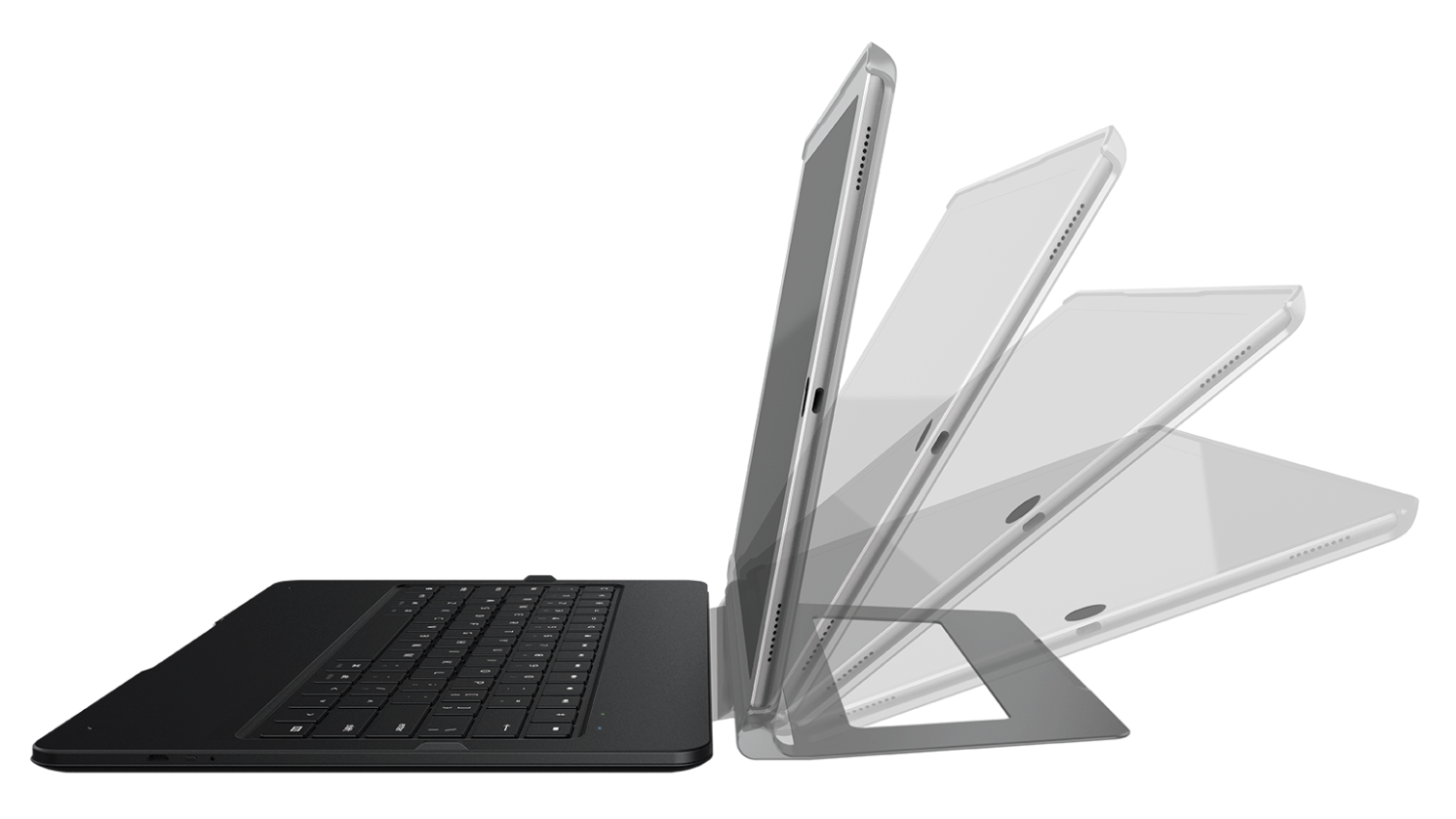
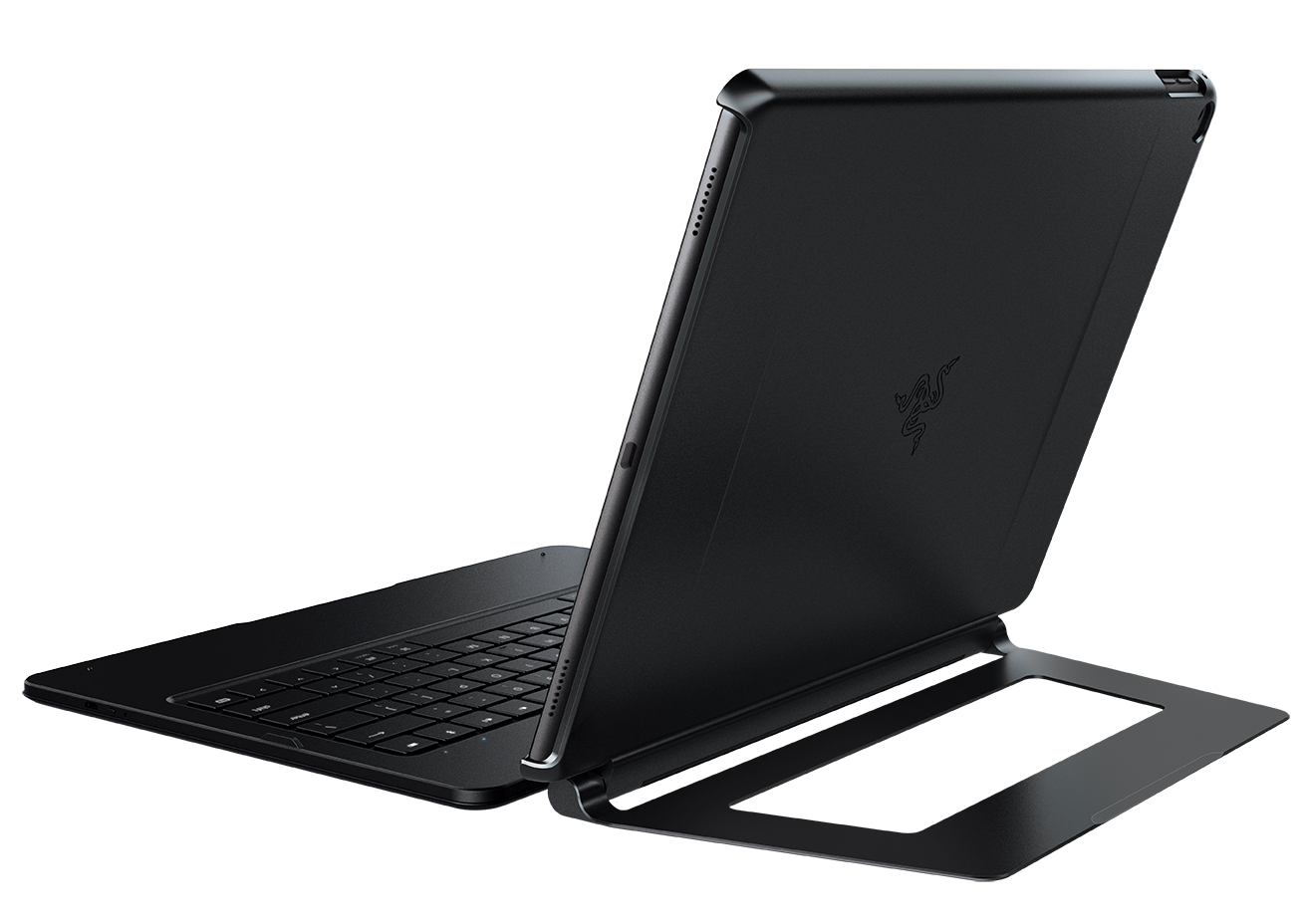
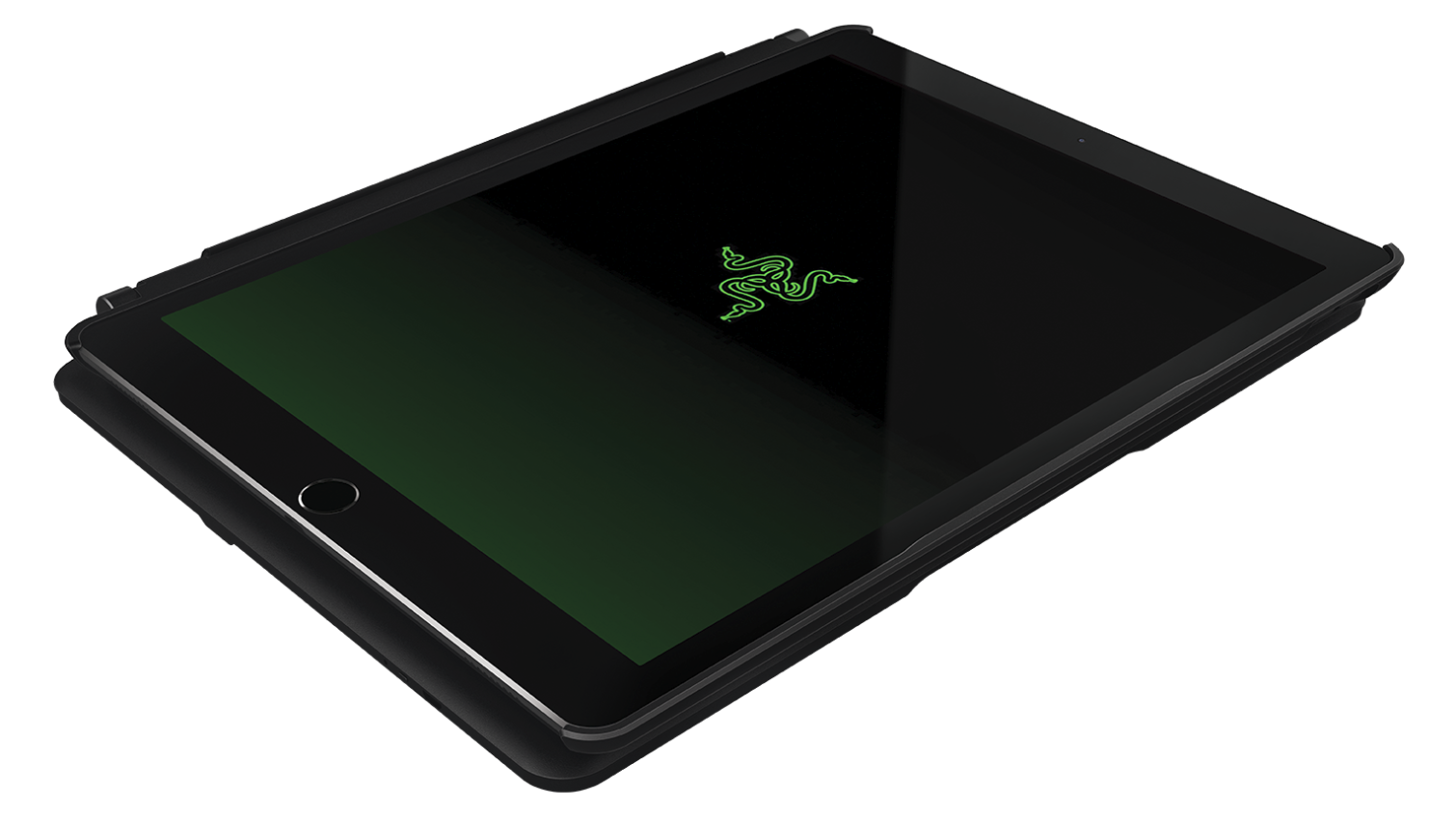
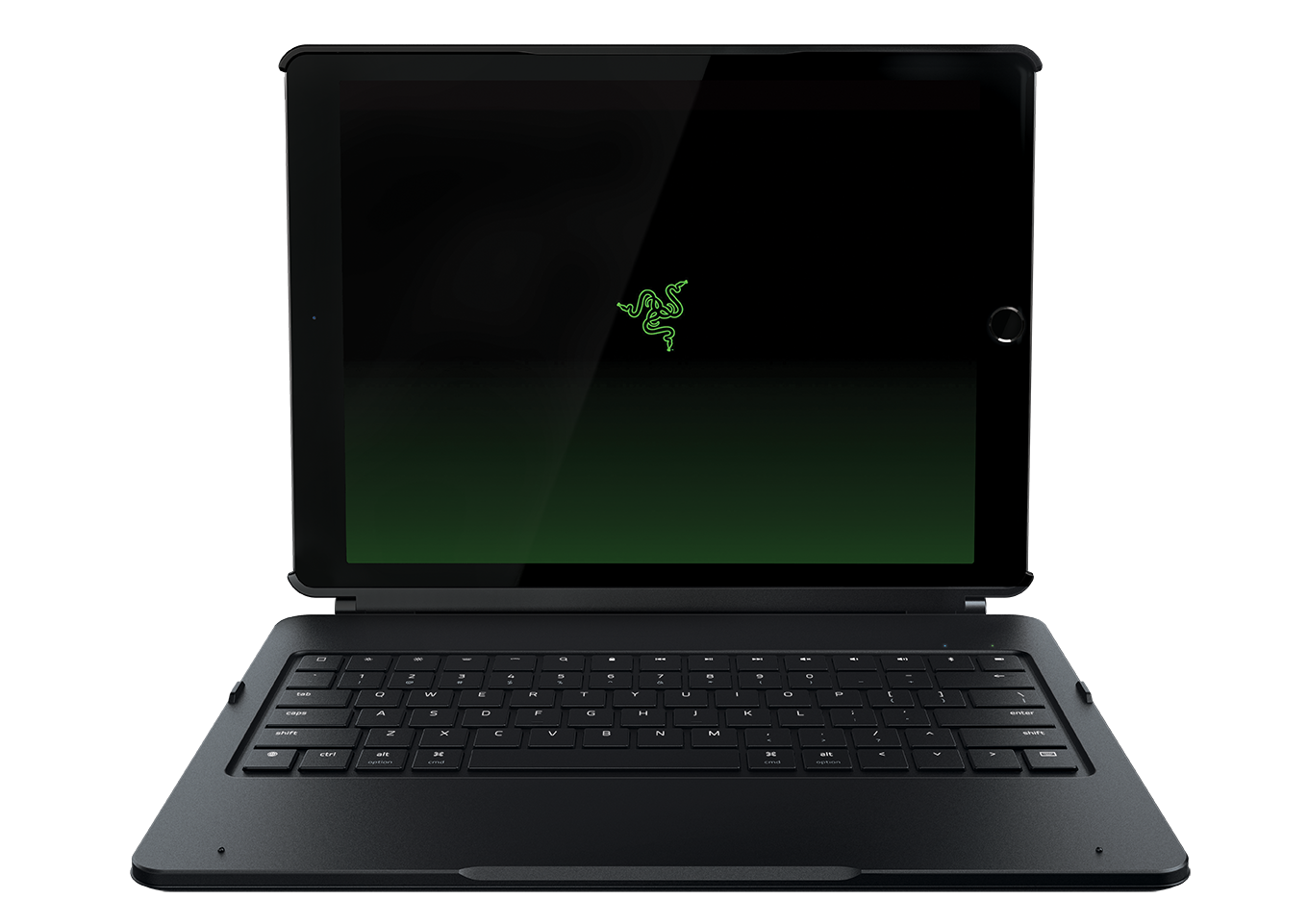
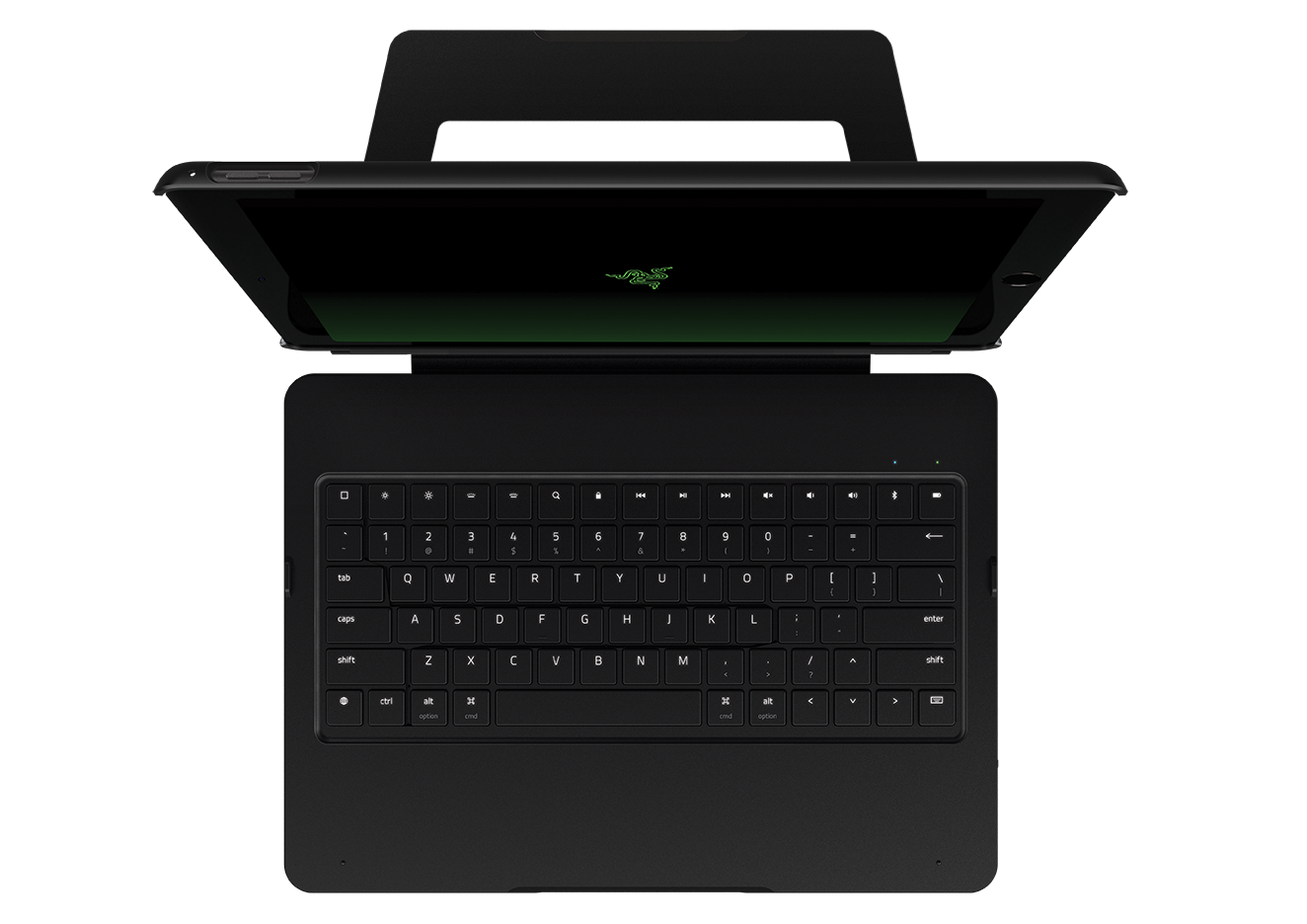
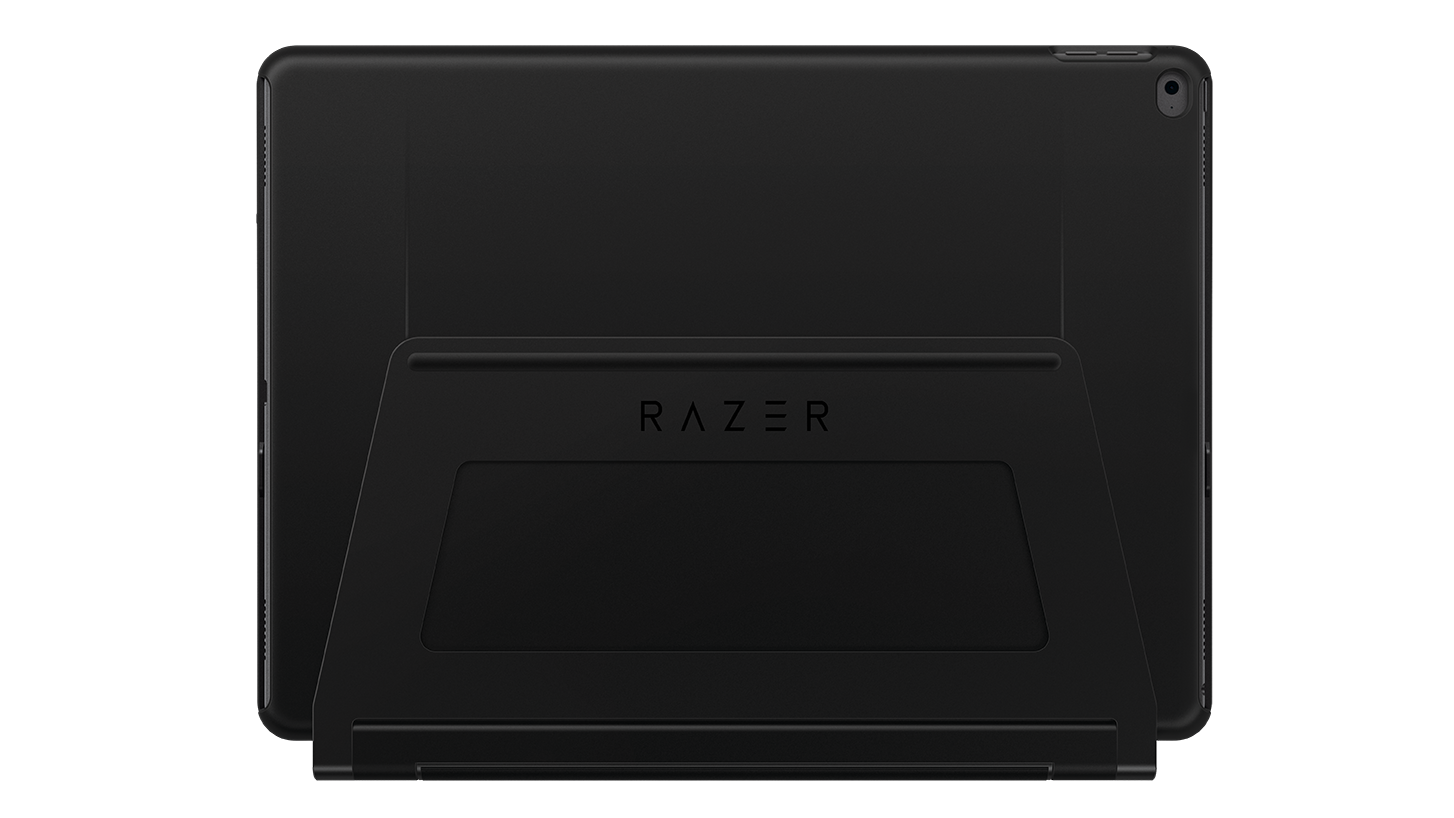
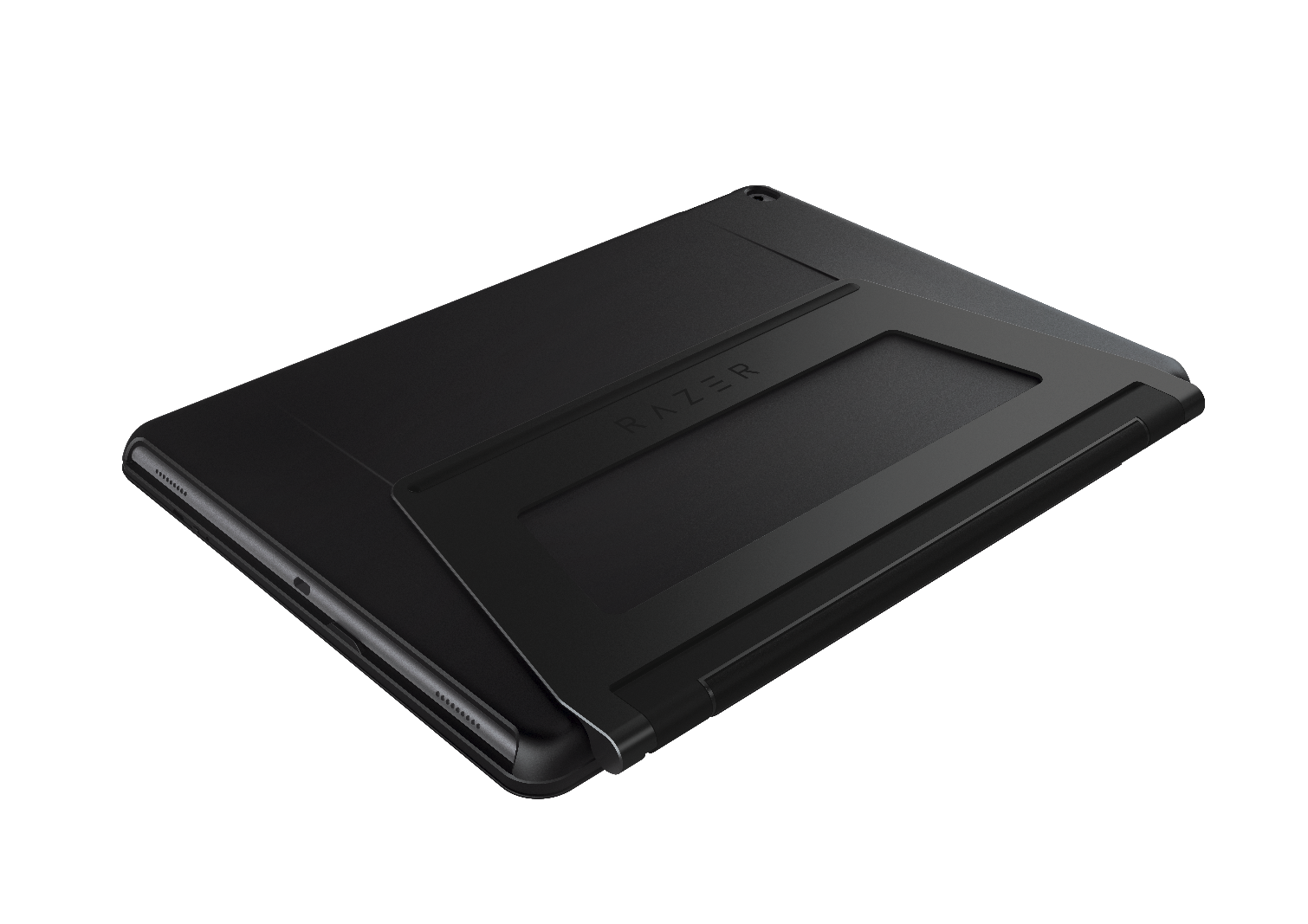
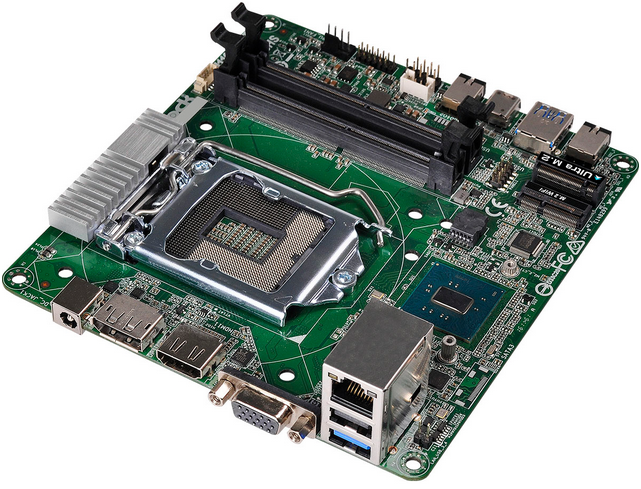
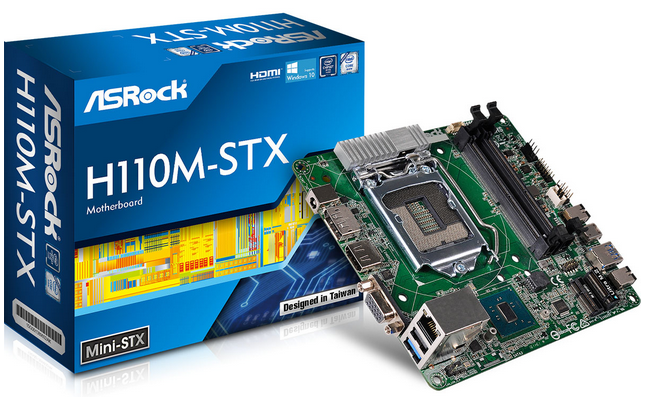
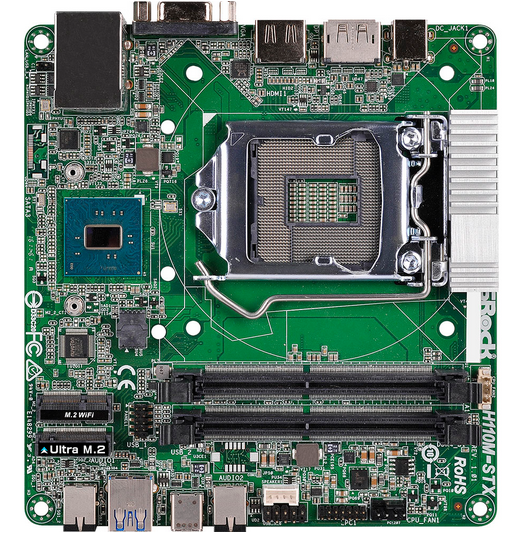
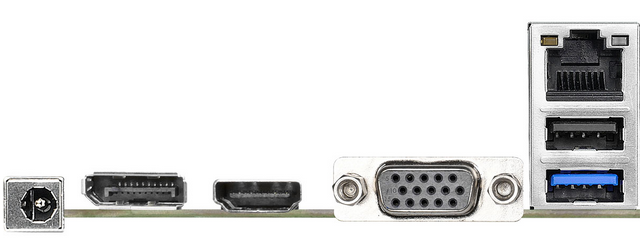

Expect More
It seems, concerning this trend of lower-profile mechanical switches, that the industry is almost trying to reverse-engineer laptop switches, but with higher-quality mechanical action than the old scissor-style switches. The Kailh switches I referenced above, as well as these new ultra-low-profile Razer switches, more than any others, seem to be doing just that.
It’s likely that we’ll see these ultra-low-profile switches pop up on products such as the Turret and Razer desktop keyboards and laptops in the relatively near future.
Seth Colaner previously served as News Director at Tom's Hardware. He covered technology news, focusing on keyboards, virtual reality, and wearables.
-
Lutfij Gut punching was a mere understatement for what this thing would be in real life but hey Ipad users...well there are those among us who want to live it with pizzazz.Reply -
saintstryfe I don't see how its gutpunching - it's only 20$ more than Apple's keyboard, only 10$ more than Logi's version. I'm more interested to see how it is as a case.Reply
